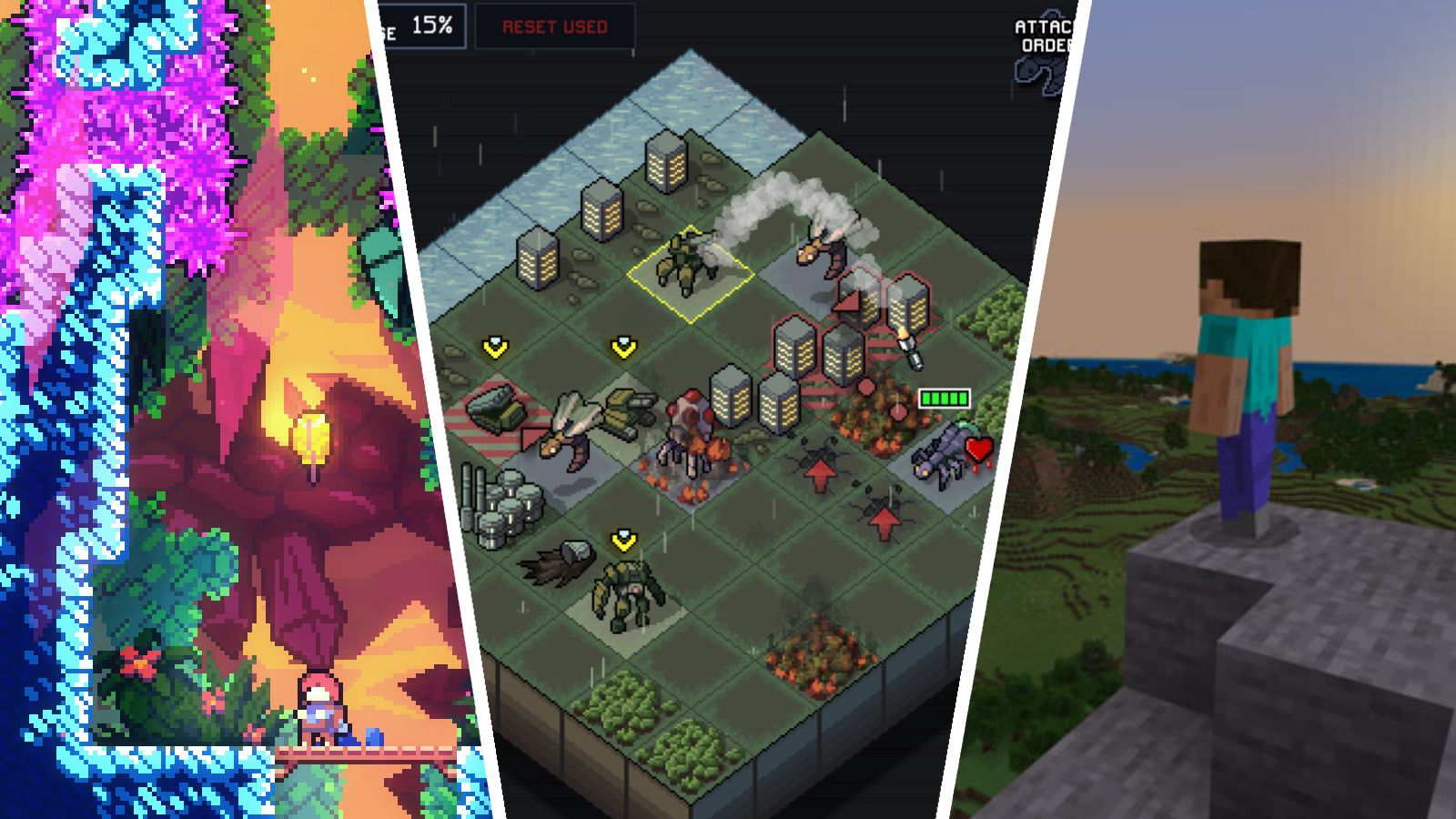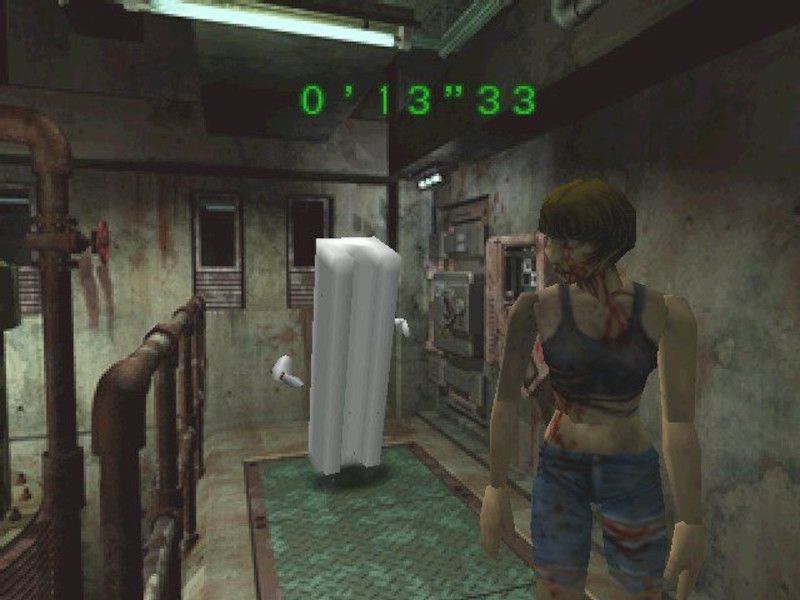Summary
- Too much content can be tedious so focus on high replay value games to avoid repetitive, filler content.
- The best games reward repeat playthroughs with unlockables, optional challenges, and “new game plus” modes to extend gameplay.
- Varied gameplay and branching stories are other forms of replay value, and allow players to experience different outcomes by making different choices.
Gaming can be an expensive hobby, especially if you prefer to buy new games on the day of their release. But if you want games that justify the price tag, start looking for ones with high replay value rather than exorbitant hour counts.
Too Much Content Is Tedious
Many players assume that big games provide more value, but that’s not always the case. Games that claim to offer hundreds of hours’ worth of content are often stuffed with repetitive missions, pointless collectibles, and other tedious time-wasters.
Even in games where this content is entirely optional, other elements like forced grinding or pay-to-win monetization can artificially extend a game’s runtime without adding anything worthwhile.
Lengthy games may sound like a good thing, but most are more tiring than entertaining. By the time you reach credits, there’s a good chance you’ll be burned out by the constant repetition. This isn’t to say that large games are always a problem, but they often overstay their welcome.
In contrast, shorter games often prioritize quality over quantity, allowing them to deliver filler-free experiences that are consistently entertaining from start to finish.
Whereas lengthy games attempt to stuff all their content into a single playthrough—which often leads to bloated experiences—shorter games rely on additional content that encourages players to replay a game multiple times, creating “replay value.”
Not only does replay value give you a reason to spend more time with these games, it also adds variety to prevent repeated playthroughs from becoming monotonous.
Replaying Can Be Rewarding
Replay value typically comes in the form of unlockable rewards such as cosmetics, concept art, and additional game modes. Sometimes these unlocks are tied to specific objectives—such as completing the game within a time limit or on a certain difficulty—while other games allow you to purchase them with in-game currency.
Additionally, many action and role-playing games include a “new game plus” mode that allows you to carry over endgame stats and items into later playthroughs.
Franchises like Hitman and Resident Evil are notable for their impressive replay value. Although most games in these franchises can be finished in less than 10 hours, pursuing every unlockable item and optional challenge will more than triple your playtime.
Every level in Hitman features a plethora of different ways to accomplish objectives, along with dozens of optional goals that unlock new weapons and equipment that can be used in subsequent replays. Likewise, most Resident Evil games contain numerous side campaigns, challenge modes, and cheat weapons that are unlocked by completing the campaign under specific conditions.
Replay value isn’t just about chasing post-game rewards. Plenty of modern action games are packed with complicated mechanics and challenging enemies that you won’t fully understand on your first playthrough, encouraging you to improve through additional replays.
It might take a few playthroughs to gain a good grasp of the mechanics, but the best part of most action games is learning to string together flashy combos or speedrun through difficult sections. Mastery can be a reward in itself, and games like Devil May Cry and Metal Gear Solid reinforce this idea with ranking systems and leaderboards that push you to constantly aim for higher scores.
The same idea applies to multiplayer games. The appeal of these games isn’t related to any specific end goal, but rather learning and enjoying the mechanics themselves. It’s fun to get better at blasting players in online shooters or outsmarting your opponent in strategy games. Whether you prefer competitive experiences or casual co-op fun, online multiplayer games can provide seemingly endless replay value.
While replay value adds plenty of extra incentive to start another playthrough, your mileage will certainly vary based on the game and genre. If you don’t typically enjoy stealth games, then having a heap of bonuses in Metal Gear Solid and Hitman may not seem so enticing. On the other hand, replay value gives avid fans a reason to repeatedly revisit their favorite games without bogging down the experience.
Something New in Every Playthrough
Some games don’t allow you to see everything in a single playthrough, and their replay value comes from the ability to revisit the content you previously missed. While that may sound frustrating to anybody who enjoys 100%ing games, this form of replay value allows subsequent playthroughs to surprise you with drastic differences in both gameplay and story.
Story-focused games often require you to make decisions that have significant narrative consequences. In games like Baldur’s Gate 3 or Detroit: Become Human, your choices will lead you down different story paths and often have severe consequences that will affect the rest of your playthrough. An ally in one playthrough can become an adversary in the next one, while characters who die in a previous run can possibly be saved by making better decisions in another.
Some genres are able to provide replay value by encouraging players to try out a wide variety of unique playstyles. Many role-playing games, such as Elden Ring and the Elder Scrolls series, feature extensive gameplay variety in the form of diverse combat options and the potential to create numerous unique character builds.
Roguelikes and roguelites (yes, there’s a difference) such as The Binding of Isaac and Balatro take this a step further with randomized stages as well as an expansive list of unique upgrades and gameplay modifiers that make every run seem completely different. Best of all, a single playthrough for the majority of roguelikes takes only a few hours, making them incredibly easy to replay at any time.
The Best Games Provide A Reason to Return
Replay value can come in numerous forms, whether it’s post-game unlocks or an abundance of variety across multiple playthroughs. However, these aren’t the only reasons to replay games. A memorable story, satisfying mechanics, or plain nostalgia are all good enough reasons to return to games you’ve already completed.
If you’re looking for a game that will keep you captivated for hours, pick a game with high replay value instead of spending hundreds of hours in an open world filled with menial tasks.




